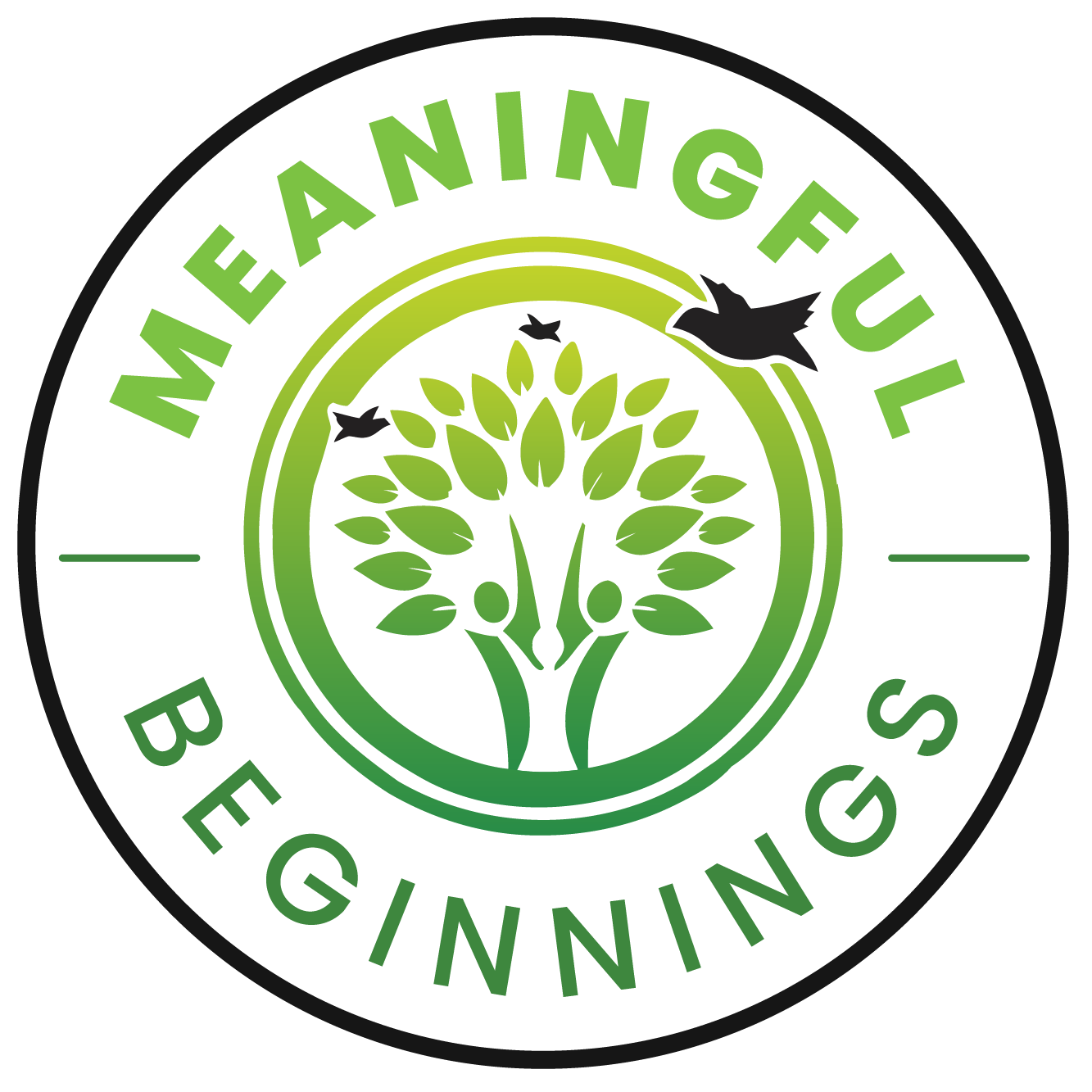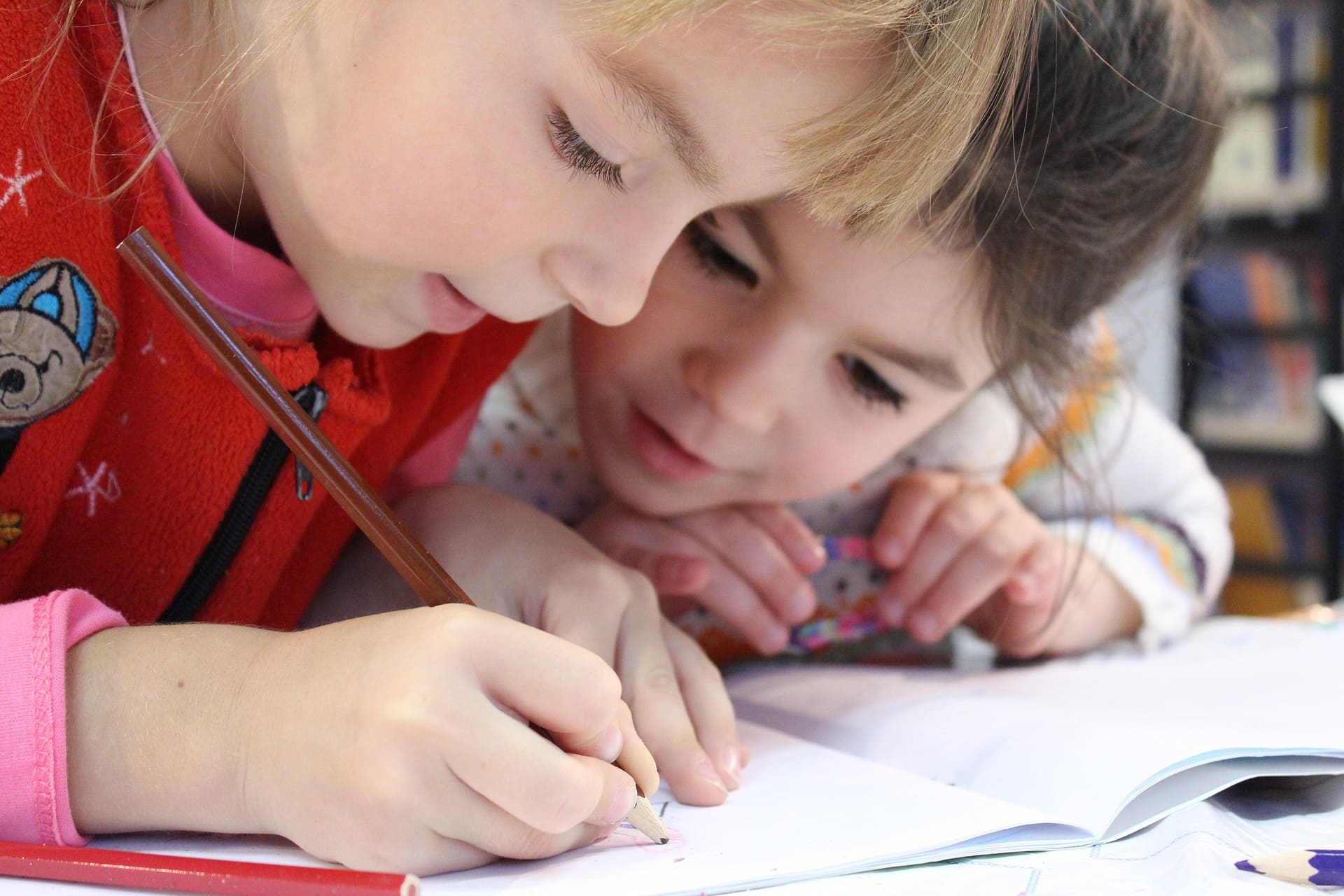School readiness for children is an important factor in determining if a child is truly prepared for the academic, social, and emotional challenges of the school year. As parents, we want our children to be prepared for this significant milestone. So, it’s not surprising that the first question most parents ask about the new school year is: “How do I know if my child is ready for school?”
What is School Readiness?
Children are ready for school when they have the knowledge, skills, and behaviors to be successful in all areas of learning. School readiness is not just about children being able to read or write but also includes having good social skills, being healthy and safe, knowing how to follow the rules, and showing curiosity about learning new things.
Why is School Readiness for Children Important?
Children who are not ready for school may have trouble learning to read or write, understanding what other students say in class, and getting along with others. They may behave inappropriately or become frustrated easily because they do not understand what is expected of them in the classroom. This can lead to low self-esteem and poor academic performance.
Children must have the appropriate skills to succeed in kindergarten because they will be expected to be able to read, write, and count by the end of their first year. This is also when they start developing relationships with their peers and adults outside of their immediate family.
Preparing your child for success in school will set them up to have a happy and healthy future.
How to Prepare Your Child for School
School readiness encompasses four areas of development: physical, emotional, social, and cognitive.
Physical Development
Gross motor skills, such as running, jumping, and climbing, as well as fine motor skills, like holding a pencil or scissors, are important for a child’s ability to perform well in school. Activities like running, jumping, dancing, and climbing can help children to develop these skills and improve coordination, balance, and endurance.
Physical activity can also help children manage stress and improve their overall mood and well-being, which can contribute to their success in school. It’s important for children to get enough exercise, as well as good sleep and nutrition, to achieve optimal physical development.
Emotional Development
Teaching children how to regulate their emotions helps them to focus better in class and improve their overall academic performance. Social-emotional learning programs, which focus on teaching children how to understand and manage their emotions, have positive effects on children’s academic success.
These programs can also help children to develop strong relationships with their peers and teachers. Encourage your child to express their feelings and validate their emotions. Additionally, teach them how to problem-solve and cope with difficult situations.
Social Development
Children with strong social skills are better able to form relationships with their peers and teachers, which can make their transition to school much smoother. Encourage your child to share, take turns, and communicate their needs. Additionally, model positive social behavior and provide opportunities for your child to practice social skills in a supportive environment.
Cognitive Development
Cognitive development is a child’s ability to learn and process information. It includes a child’s ability to understand and use language, problem-solve, think abstractly, and pay attention. Encourage your child to ask questions, explore and discover new things.
Additionally, provide them with age-appropriate learning materials, such as puzzles, books, and games, to help them develop their cognitive skills.
Parents’ Role in School Readiness
Parents should stay informed and involved in their child’s education. This includes attending parent-teacher conferences, volunteering at school, and staying informed about school policies and procedures. Through this, parents can better understand their child’s needs and provide them with the necessary support to succeed in school.
Furthermore, parents should communicate with their child’s teacher and work together to set goals and track progress. This can help identify areas where the child may struggle to address early on.
Remember that every child is unique and has their own learning style and pace. Be patient and understanding of your child’s needs and abilities. With the right support and encouragement, children can develop the skills and confidence they need to be successful in school.
Final Thoughts
Getting children ready for school requires a holistic approach that focuses on various areas of development, including physical, emotional, social, and cognitive. Parents can support their child’s development by providing them with age-appropriate activities, a healthy diet, and enough sleep, encouraging them to express their feelings, and teaching them basic skills such as reading, writing, and math.
With the right strategies, children can prepare well to start their school journey and set themselves up for success.
Meaningful Beginnings
Meaningful Beginnings understands the importance of getting children ready for school. If you’re looking for ways to give your child the best chance at success, please contact Meaningful Beginnings.








